
© AP Photo / Hanna Arhirova
The breakthrough deal to unblock vital grain exports offers hope for global food security, but questions linger over enforcement mechanisms and consequences if Kiev repeats past violations, warns US Army Lt. Col and international consultant Earl Rasmussen.
Russia-US agreement in Riyadh on restoring navigation for food shipments from Russian and Ukrainian ports is “a positive move,” but there are a lot of questions that will need to be answered, like who will ensure compliance, or what happens if the Ukrainian side violates the deal again, retired US Army Lt. Col and international consultant Earl Rasmussen said.
© Sputnik
Brokered by Turkiye and the United Nations in mid-2022, the Black Sea Grain Initiative was designed to allow Russian and Ukrainian grain-carrying ships to transit the Black Sea without fear of attack at sea amid the conflict in Ukraine.
Russia suspended its participation in the initiative in July 2023, citing numerous violations in the spirit and letter of the agreement, including Ukrainian ships' use of the arrangement to smuggle arms into Ukraine, and efforts by the US and its allies to strangle Russian agricultural and fertilizer exports globally.
Russian officials also expressed annoyance at the fact that while the UN had assured that the agreement would help ensure food security in the Global South, the vast majority of Ukrainian deliveries had been diverted to wealthy European countries and Turkiye. Russia consequently shipped emergency grain supplies to six at-risk African nations, free of charge.
https://sputnikglobe.com/20250325/the-big-question-about-reactivating-black-sea-grain-deal-is-who-verifies-it-1121691469.html
Counter Information publish all articles following the Creative Commons rule creative commons. If you don't want your article to appear in this blog email me and I will remove it asap.







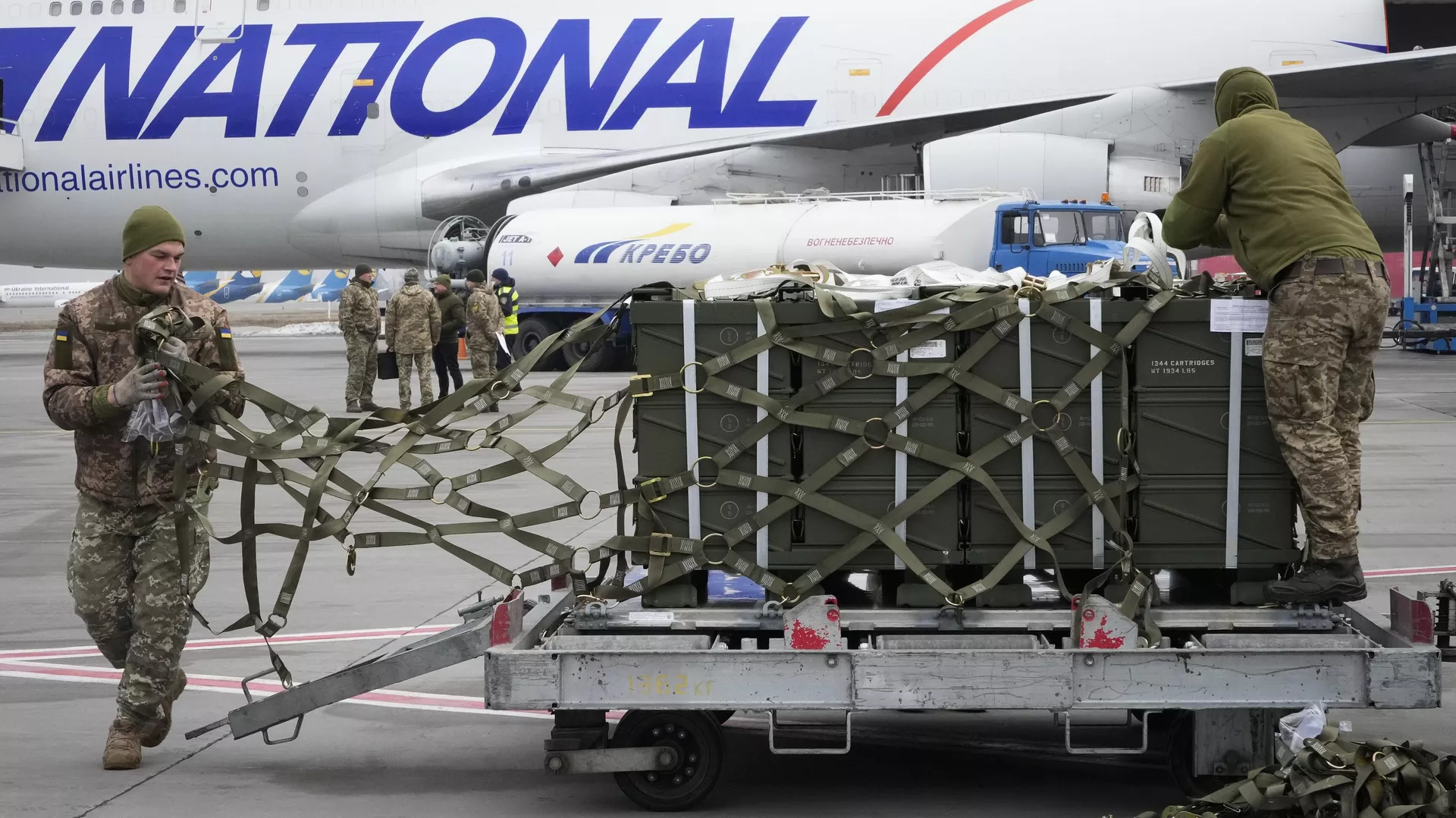


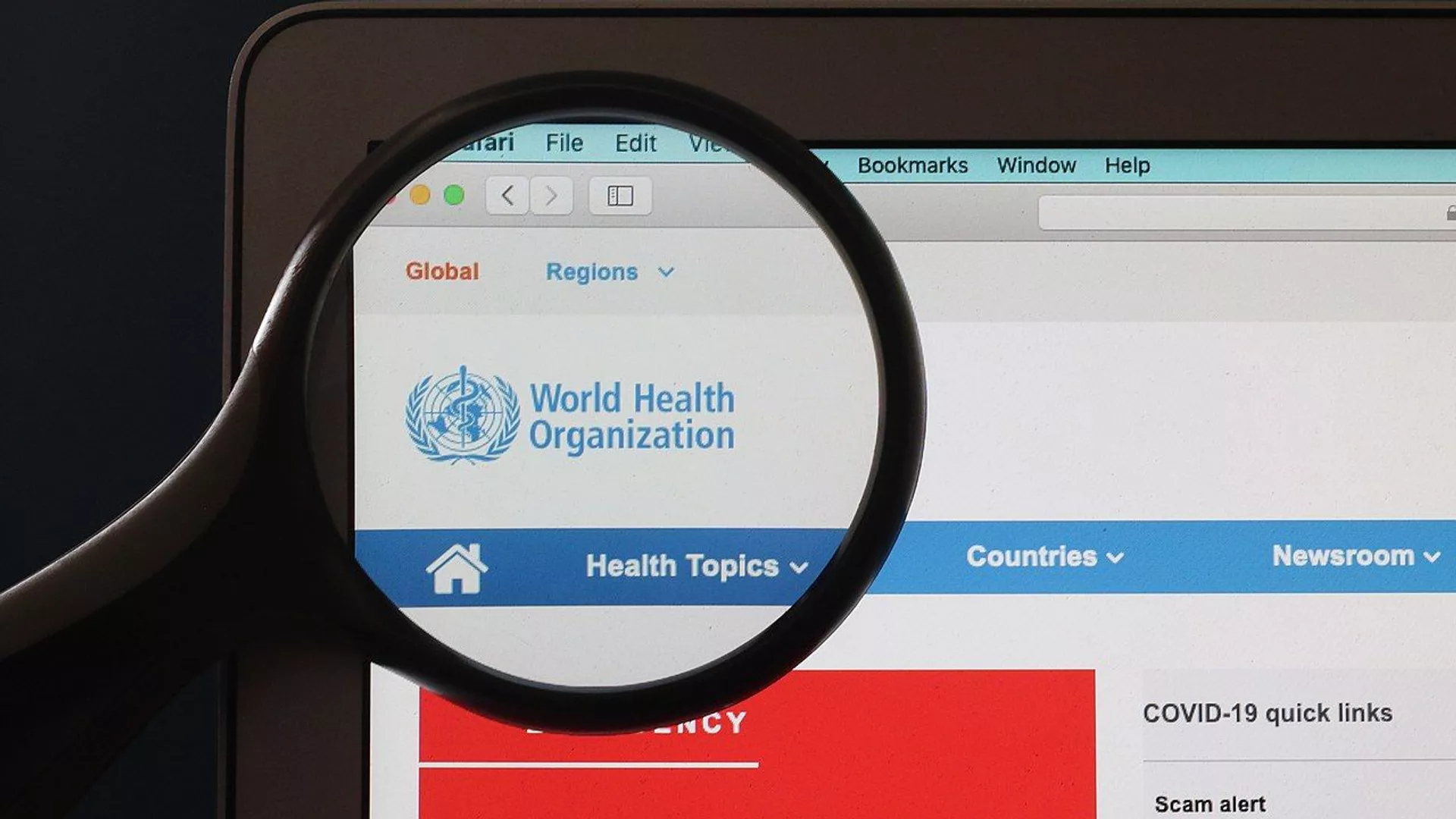
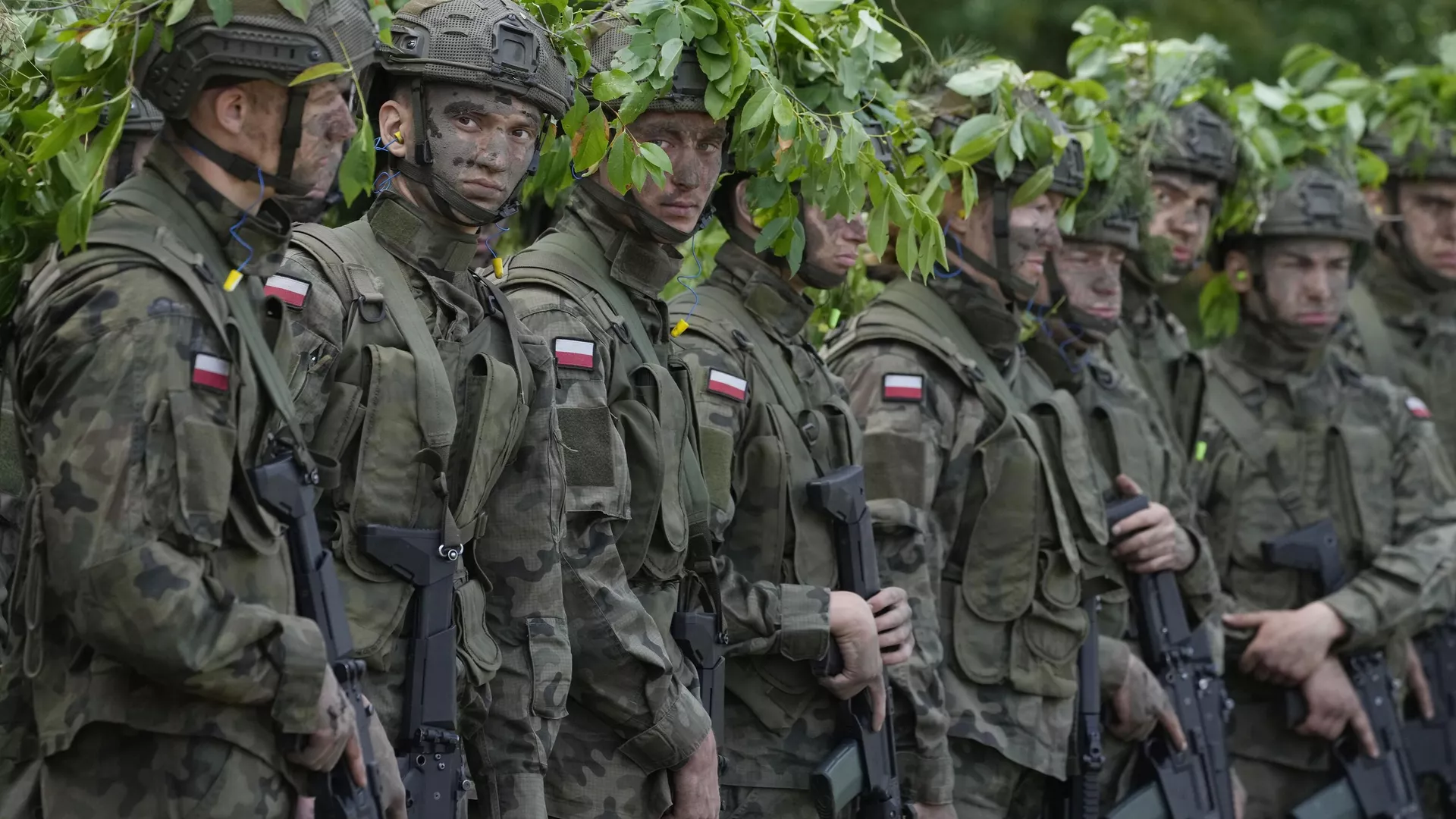

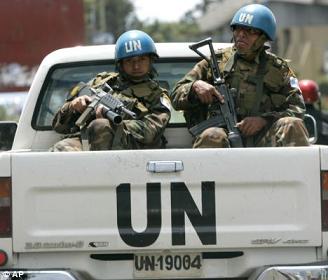






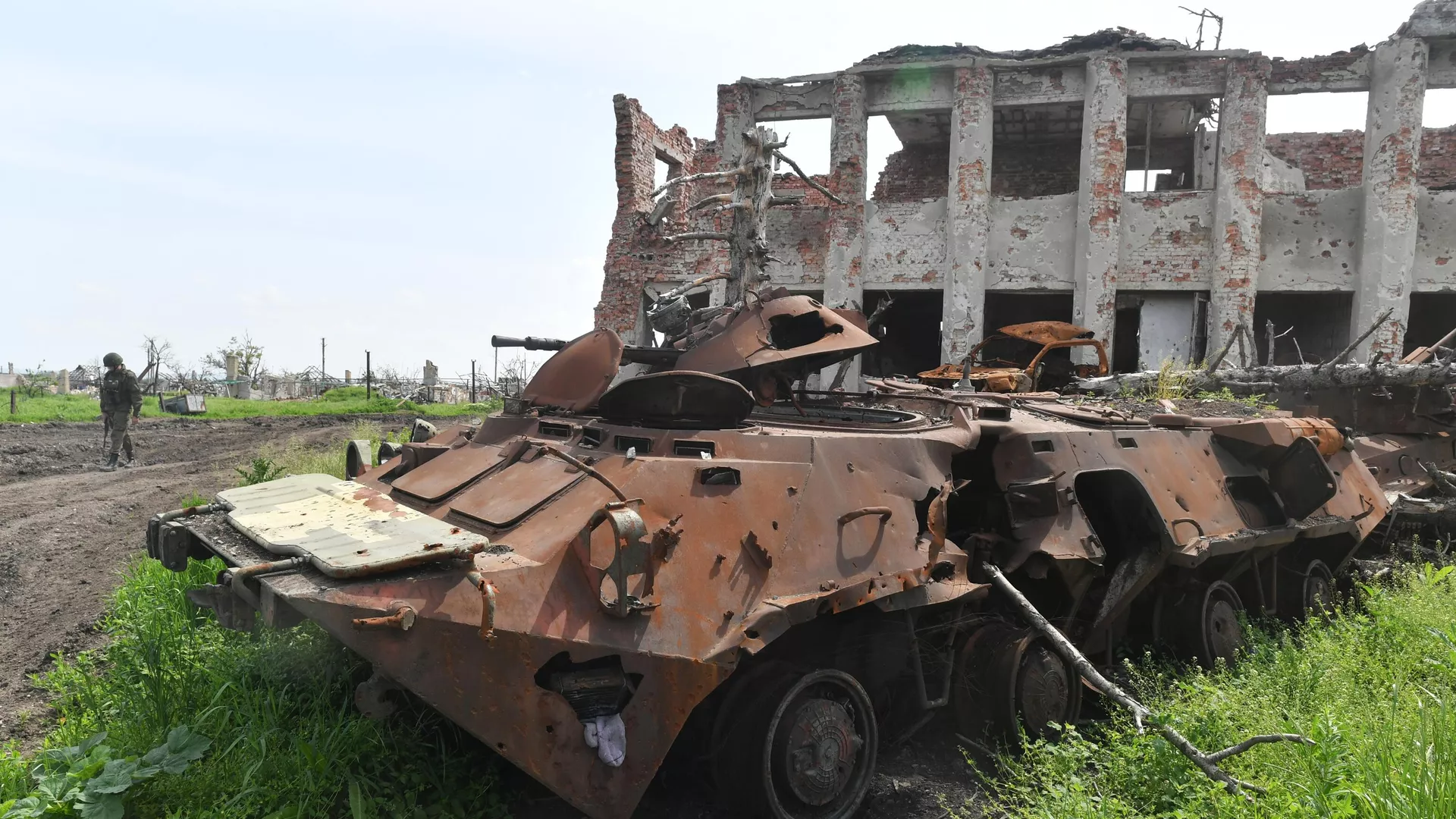
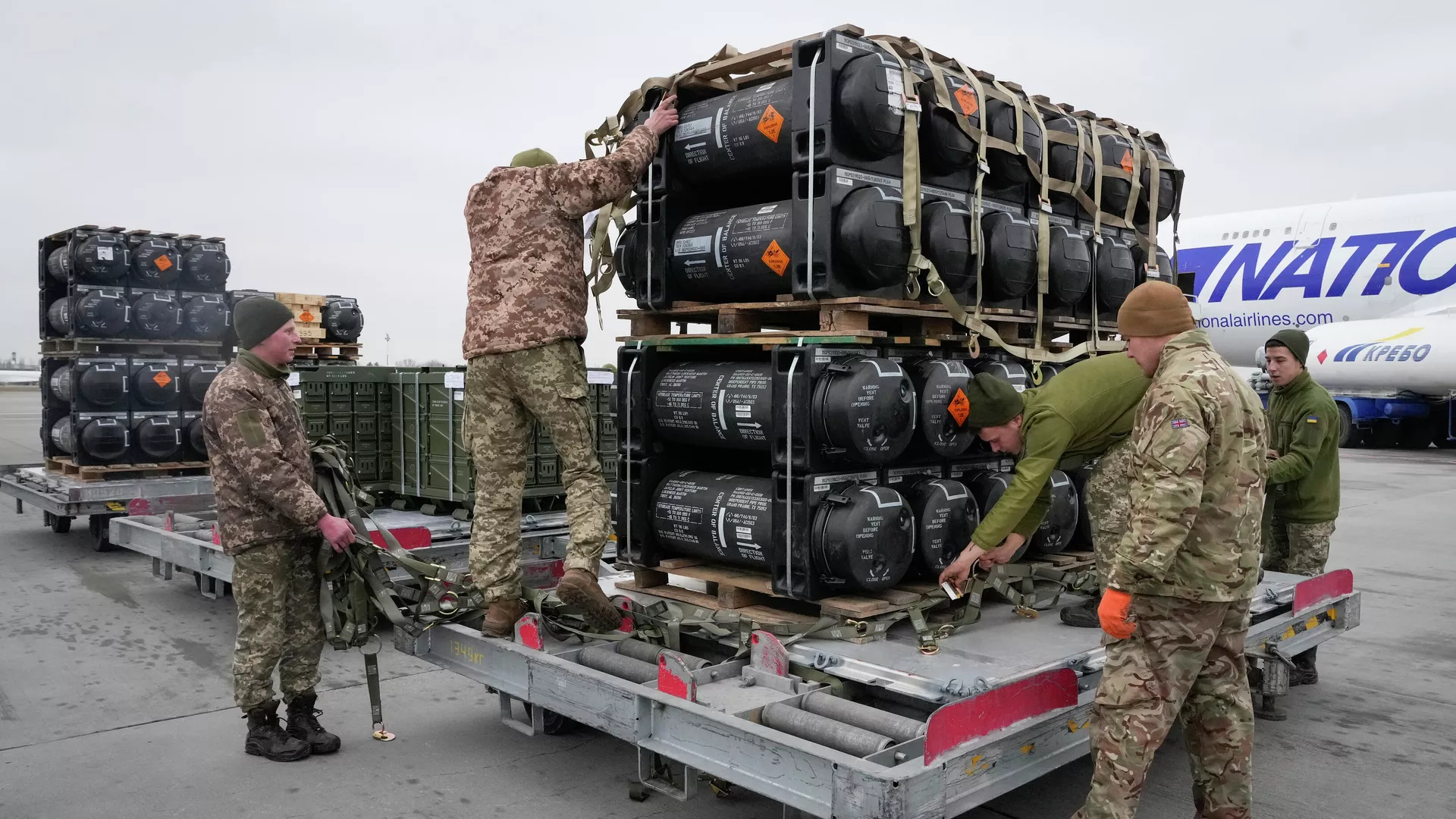

















No comments:
Post a Comment